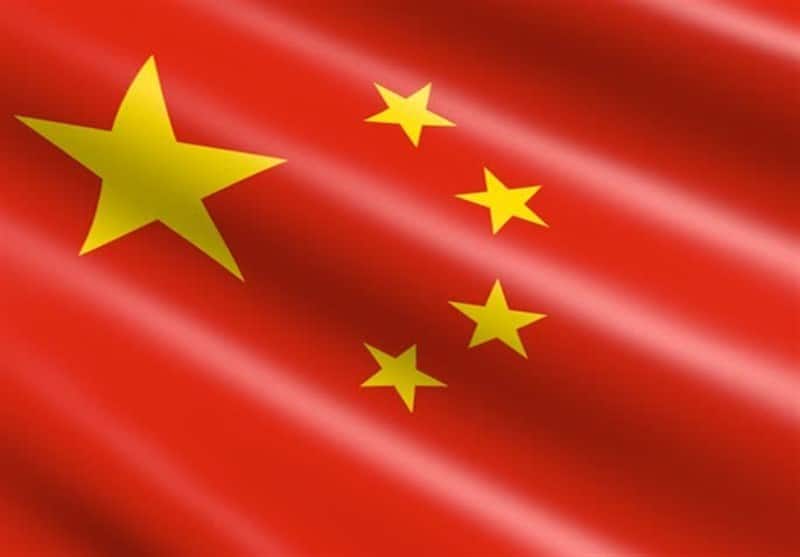China’s turning away from Israel in the Gaza incident.
In an article about the diminishing importance of the Zionist regime for China, the German magazine D-Site wrote and emphasized: that China allows anti-Semitic statements on the domestic internet and takes a relatively fragmented position towards the Palestinian resistance of Hamas. Therefore, the People’s Republic of China has turned away from Israel.
Political observers around the world can certainly agree with China’s Middle East envoy Jai Jun’s assessment of the war in Gaza, who believes there is a risk of a large-scale ground conflict and the spread of armed conflict along neighboring borders. He also did not create a fundamental contradiction by saying that China is ready to do “everything” to advance dialogue, achieve a ceasefire, and restore peace, as well as support a two-state solution and a just and sustainable solution to the conflict. Jai presents China as a regional peacemaker.
In the continuation of this article, it is stated: But the question is how valid are Jai Jun’s positions. His superior, Chinese President Xi Jinping, does not publicly condemn the Palestinian resistance to Hamas. Chinese diplomats also do not support Israel like Westerners. About a week after the start of these attacks, the Chinese Foreign Minister told his Saudi counterpart Bin Faisal that “Israel’s actions” are beyond the “framework of self-defense”. The Israelis were greatly offended by this Chinese position because Benjamin Netanyahu had recently tried to have good political and economic relations with the People’s Republic of China.
The total volume of transactions between China and the Zionist regime has increased to more than 22 billion dollars in 2022. Chinese companies have also been able to participate in infrastructure projects such as the construction of a tram in Tel Aviv, cooperate with the regime’s high-tech companies, and a Shanghai state-owned company operates a modern container terminal in Haifa Bay. This terminal is close to the important port of Haifa, which is also visited by the American fleet. This terminal is right next to an Israeli naval base that also houses nuclear submarines. China’s involvement, especially in Haifa, has greatly displeased Israel’s closest ally, the United States. Cooperation between Israeli software companies and Chinese companies is also criticized by American officials.
But from now on, due to China’s stance on the Middle East issue, America no longer has these concerns because the Zionist regime’s trust in the People’s Republic is also decreasing.
But there are clear reasons why China is acting this way: it has important economic interests throughout the Middle East, and the Zionist regime is ultimately only a small part of that. Saudi Arabia and Iran alone now sell most of their oil reserves to the People’s Republic of China.
The article continues: The second key factor in this turn away from Israel is China’s geopolitical interests: until today, the Persian Gulf region has been dominated by the United States. China today sees an opportunity to position itself as a counterpoint to the United States. The fact that China’s foreign ministry was successfully involved in mediating between long-time enemies Saudi Arabia and Iran is a sure sign of this. China currently has good relations with Iran, whose doctrine follows the destruction of Israel. Iran is also the most important supporter of Hamas along with Qatar.

